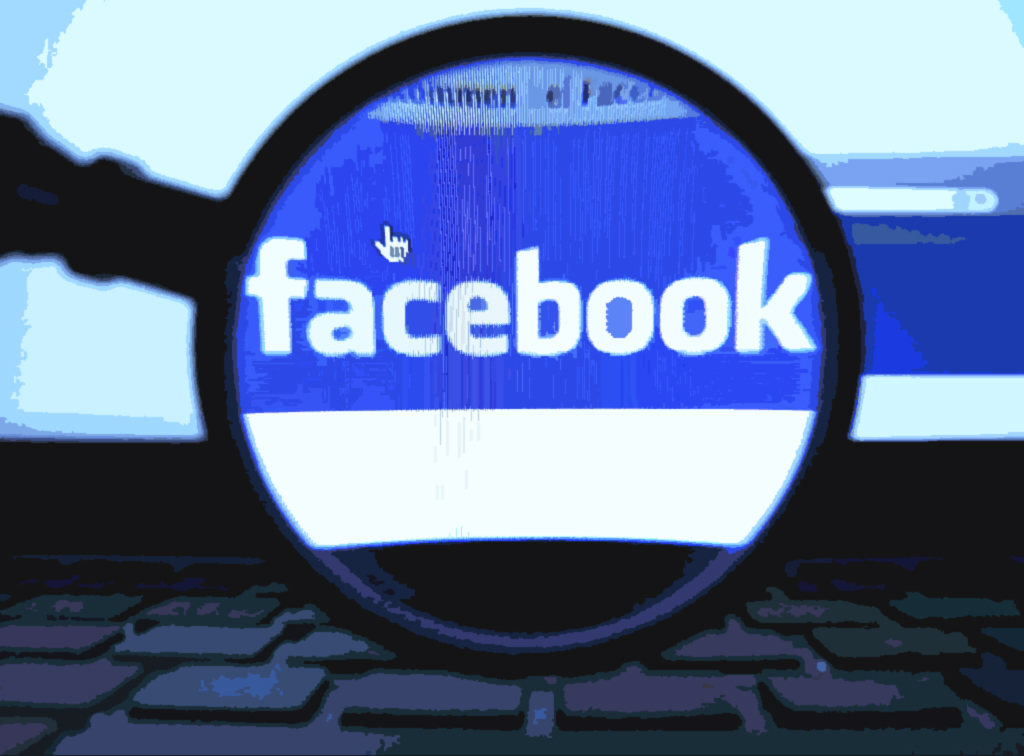Government agencies and colleges demand applicants’ Facebook passwords.
 Government agencies and colleges are asking students to log onto their Facebook pages and other social networks during interviews
Government agencies and colleges are asking students to log onto their Facebook pages and other social networks during interviews
Many use social networking sites like Facebook and Twitter as electronic diaries of sorts, but they might want to think twice about what they post — colleges and the government are watching.
Some government job seekers and student-athletes have complained that the government agency or college in which they’re applying has asked for access to their Facebook pages among other social networking sites.
Last year, current employees and applicants to the Maryland Department of Corrections were asked to surrender their emails and passwords in order for employers to access their Facebook pages. This resulted in a complaint from corrections officer Robert Collins, who went to the American Civil Liberties Union (ACLU). The ACLU argued that this was an invasion of privacy. The Department of Corrections has since stopped this practice, but found a loophole — they just ask the applicant to log onto their Facebook accounts right in front of them, giving employers the freedom to browse photos, comments and Walls right in front of the applicant.
“My fellow officers and I should not have to allow the government to view our personal Facebook posts and those of our friends just to keep our jobs,” said Collins.
The Maryland Department of Corrections defended its practices by saying this type of screen was necessary in order to weed out the bad eggs. For instance, the agency reviewed 2,689 applicants for guard positions and ended up disregarding seven of them due to inappropriate Facebook pictures. According to the agency, the guard applicants were holding up gang symbols using their hands in the pictures.
The Maryland Department of Corrections isn’t the only establishment searching social networks for clues as to who they’re accepting. The University of North Carolina recently revised its handbook to make it so student-athletes must add a coach or administrator to their friends list on their social networks.
“Each team must identify with at least one coach or administrator who is responsible for having access to and regularly monitoring the content of team members’ social networking sites and postings,” said the handbook revision. “The athletics department also reserves the right to have other staff members monitor athletes’ posts.”
Bradley Shear, a lawyer from Washington D.C., said that these rules violate the First Amendment, and could also prove to be a liability for schools when watching students’ posts.
“I can’t believe some people think it’s OK to do this,” said Shear. “Maybe it’s OK if you live in a totalitarian regime, but we still have a Constitution to protect us. It’s not a far leap from reading people’s Facebook posts to reading their email…As a society, where are we going to draw the line? What if the University of Virginia had been monitoring accounts in the Yeardley Love case and missed signals that something was going to happen? What about the liability the school might have?”
Social networking site Facebook is notorious for compromising user privacy. For instance, Facebook made changes to its privacy settings back in 2009 without telling users, and also introduced invasive features like facial recognition for tagging photos. While Facebook has been working on increasing the transparency of its privacy controls and making them easier to use, ACLU is outraged that other entities are stepping in to strip that privacy away once again. In fact, ACLU argued that social media monitoring is against Facebook’s privacy policy, saying “You will not share your password…let anyone else access your account or do anything else that might jeopardize the security of your account.”
“This is an invasion of privacy,” said Melissa Goemann, the Maryland ACLU legislative director. “People have so much personal information on their pages now. A person can treat it almost like a diary. And [interviewers and schools] are also invading other people’s privacy. They get access to that individual’s posts and all their friends. There is a lot of private information there.”
